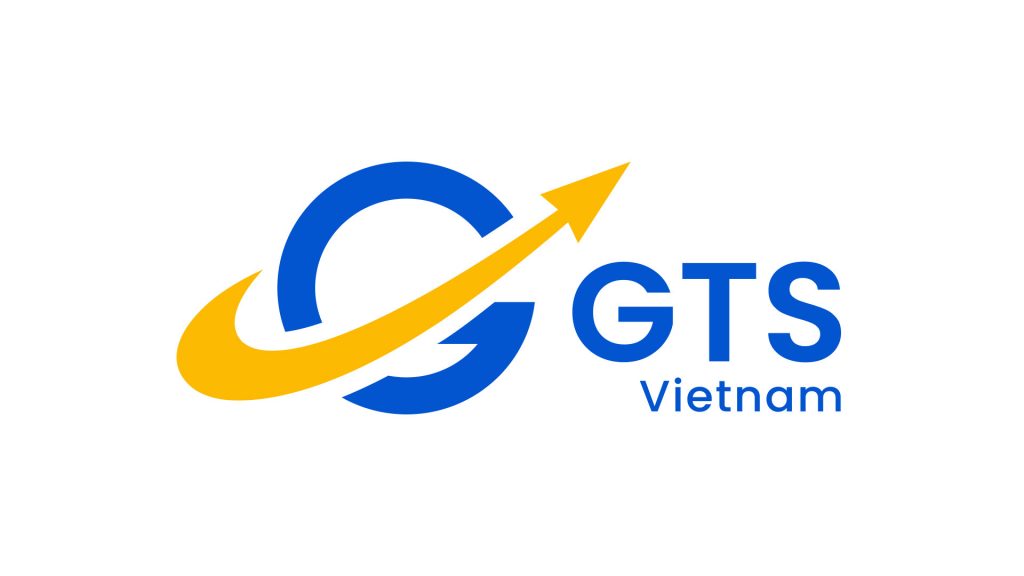If you are looking for a business consultant specializing in insurance digitalization, it’s essential to find someone with expertise in the intersection of technology and the insurance industry. Here are some key qualities and skills to look for in a business consultant for insurance digitalization:
Industry Knowledge: The consultant should have a deep understanding of the insurance sector, including key processes, regulations, market trends, and competitive landscape. Knowledge of digitalization trends specific to the insurance industry is crucial for developing effective strategies.
Technology Expertise: Look for a consultant with a strong background in technology, especially in areas such as AI, IoT, blockchain, data analytics, and digital platforms. They should be able to assess your current technology infrastructure, identify gaps, and recommend solutions to optimize digital processes.
Problem-Solving Skills: An effective consultant should be able to analyze complex challenges within your insurance business and propose innovative solutions leveraging digital tools and technologies. They should be able to develop strategies to improve efficiency, reduce costs, and enhance customer experience through digital transformation.
Communication Skills: The consultant should be able to communicate complex technical concepts in a clear and concise manner to stakeholders at all levels of the organization. They should be able to collaborate with cross-functional teams to drive digital initiatives and ensure alignment with business goals.
Project Management Experience: Experience in leading digital transformation projects within the insurance industry is valuable. The consultant should be able to create and execute project plans, manage timelines and resources effectively, and deliver results that meet or exceed expectations.
Adaptability and Continuous Learning: The consultant should be adaptable to change and open to learning about new technologies and trends in insurance digitalization. They should stay updated on industry developments and best practices to provide relevant and up-to-date advice to clients.
When find out potential business consultants for insurance digitalization, consider asking them about their previous projects, success stories, approach to problem-solving, and how they would tailor their recommendations to your specific business needs.

